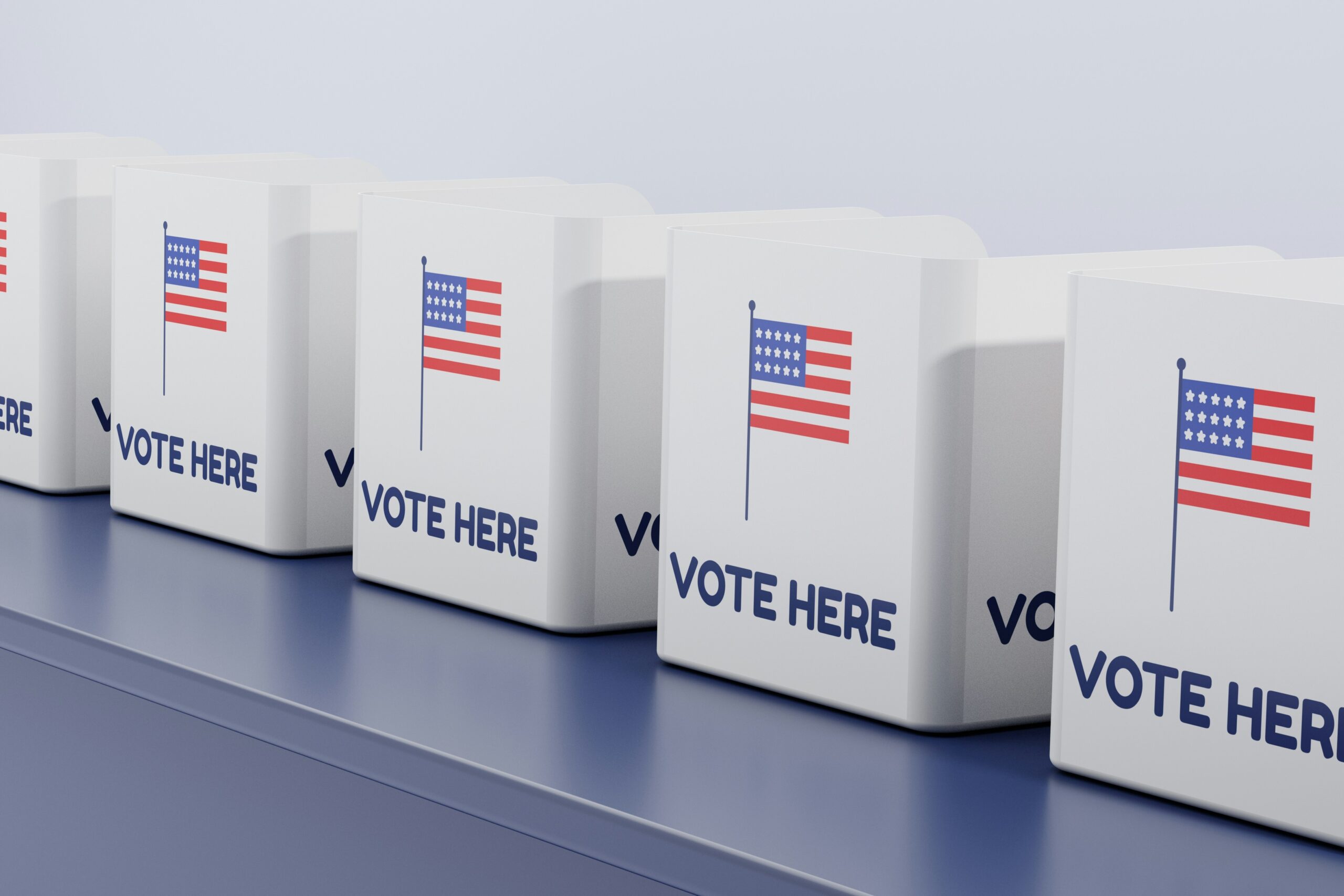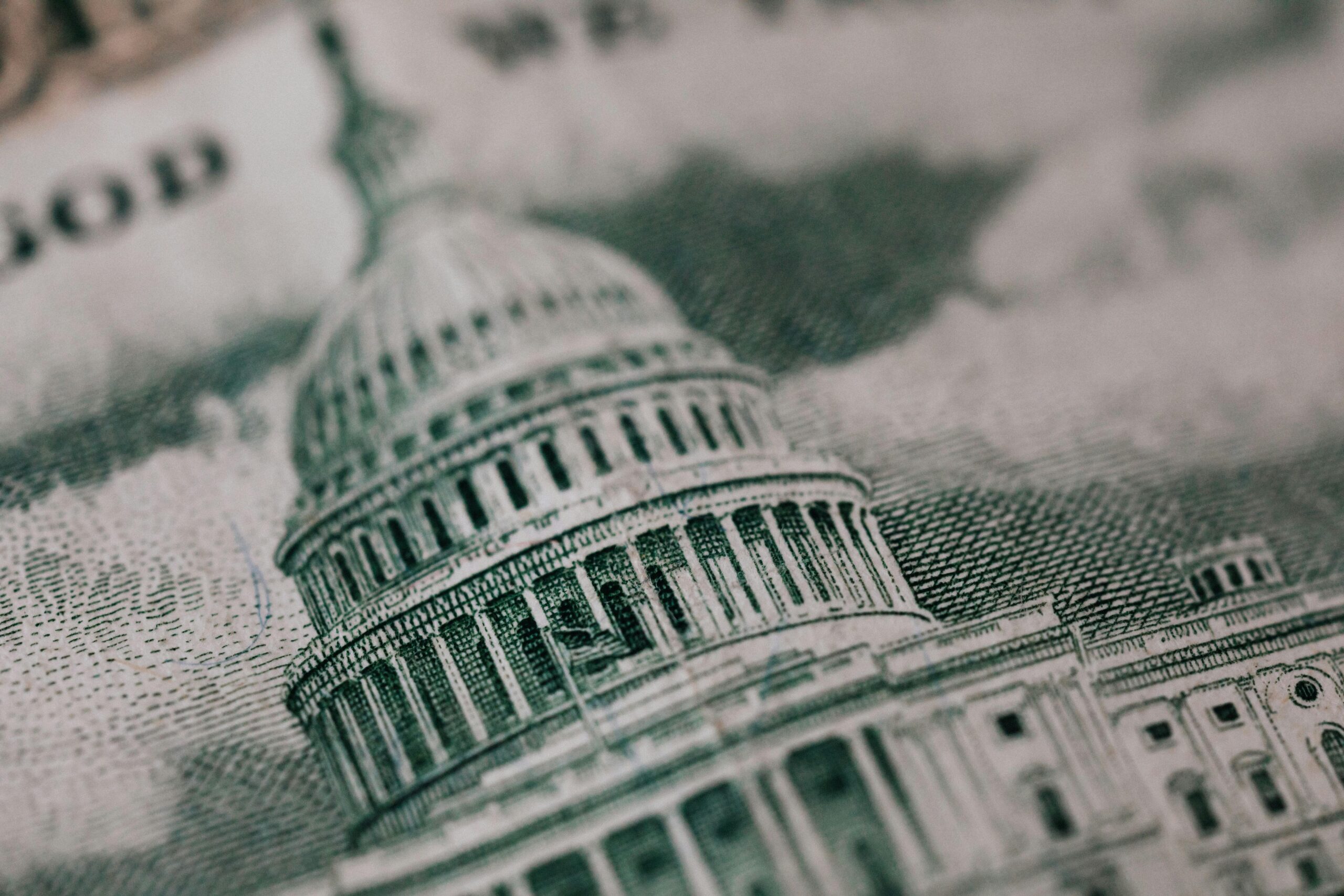The CEOs of NPR and PBS testified before Congress this week, facing questions about whether public broadcasting should continue receiving federal funds. The hearing, led by Rep. Marjorie Taylor Greene, came with a pointed title: “Anti-American Airwaves.”
The focus was not just on budget numbers. It was about whether NPR and PBS reflect the values that justify public support.
Rep. Greene opened the hearing by questioning whether either organization “should ever again receive a single cent from the American taxpayer.” Former President Donald Trump has taken a similar line, telling reporters this week, “I would love to” defund NPR and PBS, adding, “I think it’s very unfair.”
The attacks reflect long-running criticism that public broadcasters lean liberal in their coverage and should not be publicly subsidized. Uri Berliner, a former NPR editor who left over his concerns about the leftward shift of the publication, wrote a long piece detailing his concerns, saying “what’s notable is the extent to which people at every level of NPR have comfortably coalesced around the progressive worldview.”
The views of the American public seem to align with Berliner’s description of public media – a YouGov poll from May 2024 found that PBS had a +60 net trust rating among Democrats but a -10 net trust rating among Republicans. And NPR and PBS were among the 15 publications survey respondents were most likely to label as ‘liberal’.
Greene and other Republicans have argued that if these organizations are capable of raising money privately, they should do so without taxpayer support.
Democrats on the panel largely defended public broadcasting, with some leaning into sarcasm. Rep. Robert Garcia quipped: “Elmo has a very dangerous message about sharing and helping each other. He’s indoctrinating our kids, that sharing is caring. Now, maybe he’s part of a major socialist plot and maybe that’s why the chairwoman is having this hearing today.”
NPR receives about 1% of its funding from the federal government, with the rest coming from private donors, sponsorships, and member stations. PBS stations receive more – on average around 16% of their funding comes from public sources. The Corporation for Public Broadcasting distributes those funds, mainly to local stations across the country.
Those resources can have a measurable impact in rural areas where public stations may be the only source of local news, educational programming, or emergency alerts. A plurality of Americans, in turn, support continuing federal funding for NPR and PBS, although a full third are unsure of whether or not to turn off the spigot.
Internationally, the U.S. spends far less on public media than other advanced democracies. The per capita investment is about $1.40 per year, compared to more than $100 per person in countries like the U.K., Germany, and Sweden.
The hearing did not result in any immediate policy changes. But it highlighted how, in a post-truth era, even basic questions about news and culture – what gets funded, and who decides – have become part of America’s broader political divide.
Related
Sam Zickar
Sam Zickar is Senior Writer at No Labels. He earned a degree in Modern History and International Relations from the University of St Andrews and previously worked in various writing and communications roles in Congress. He lives in the Washington, D.C. area and enjoys exercise and spending time in nature.




